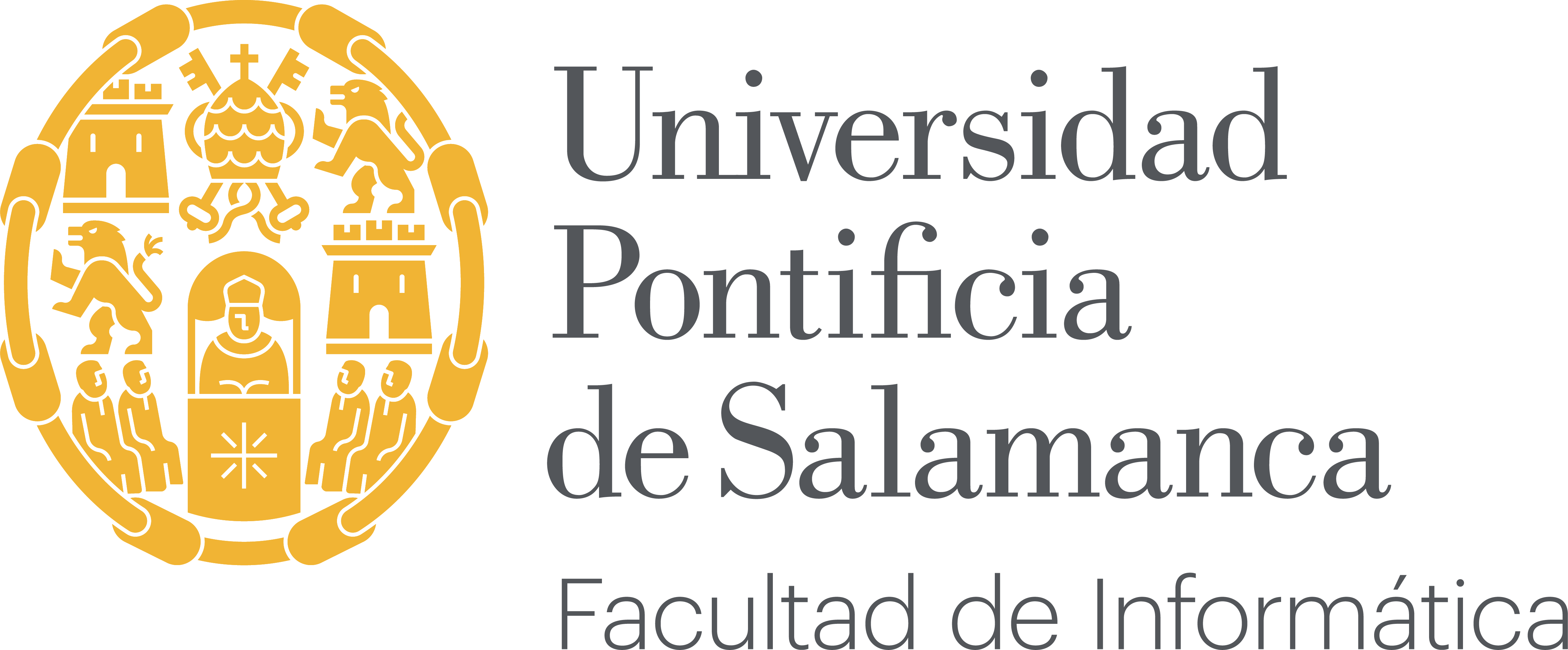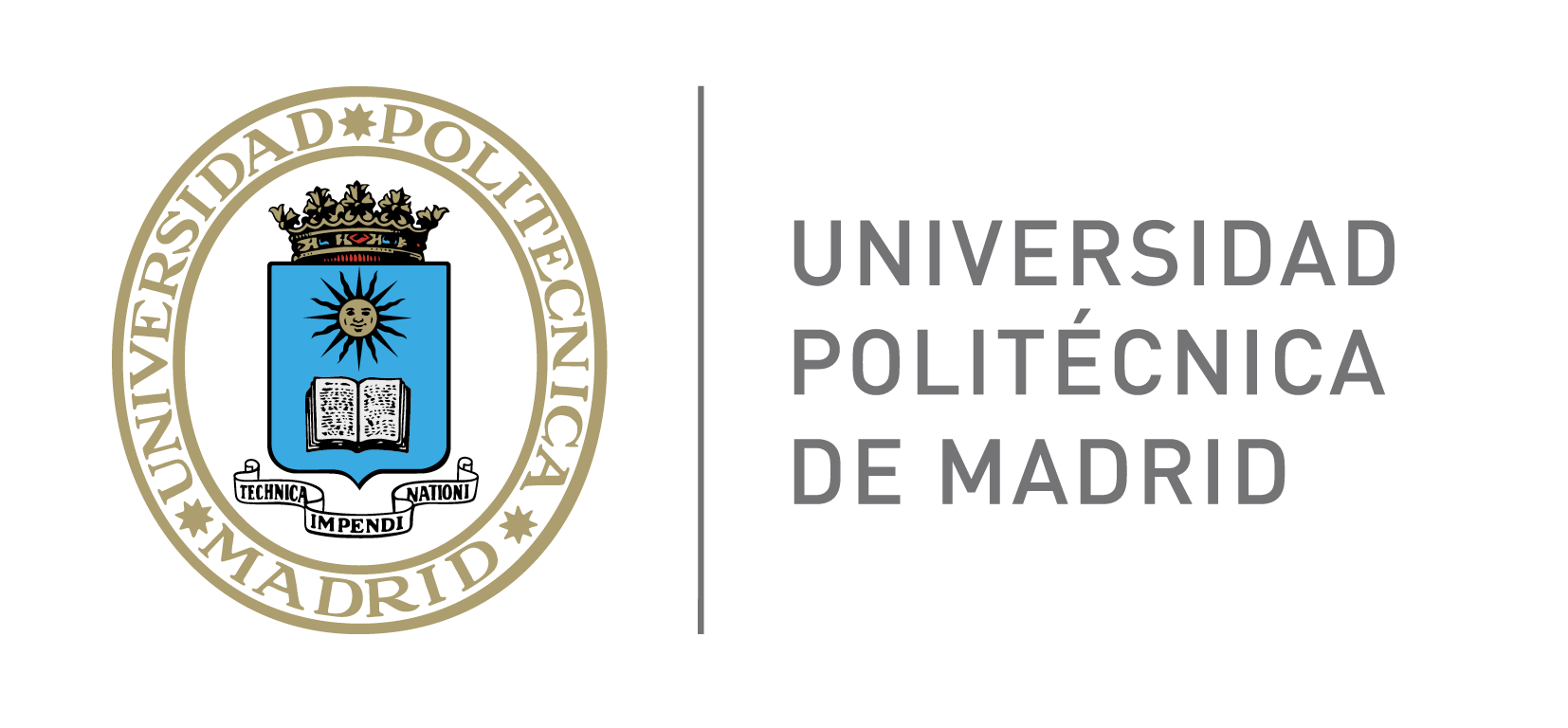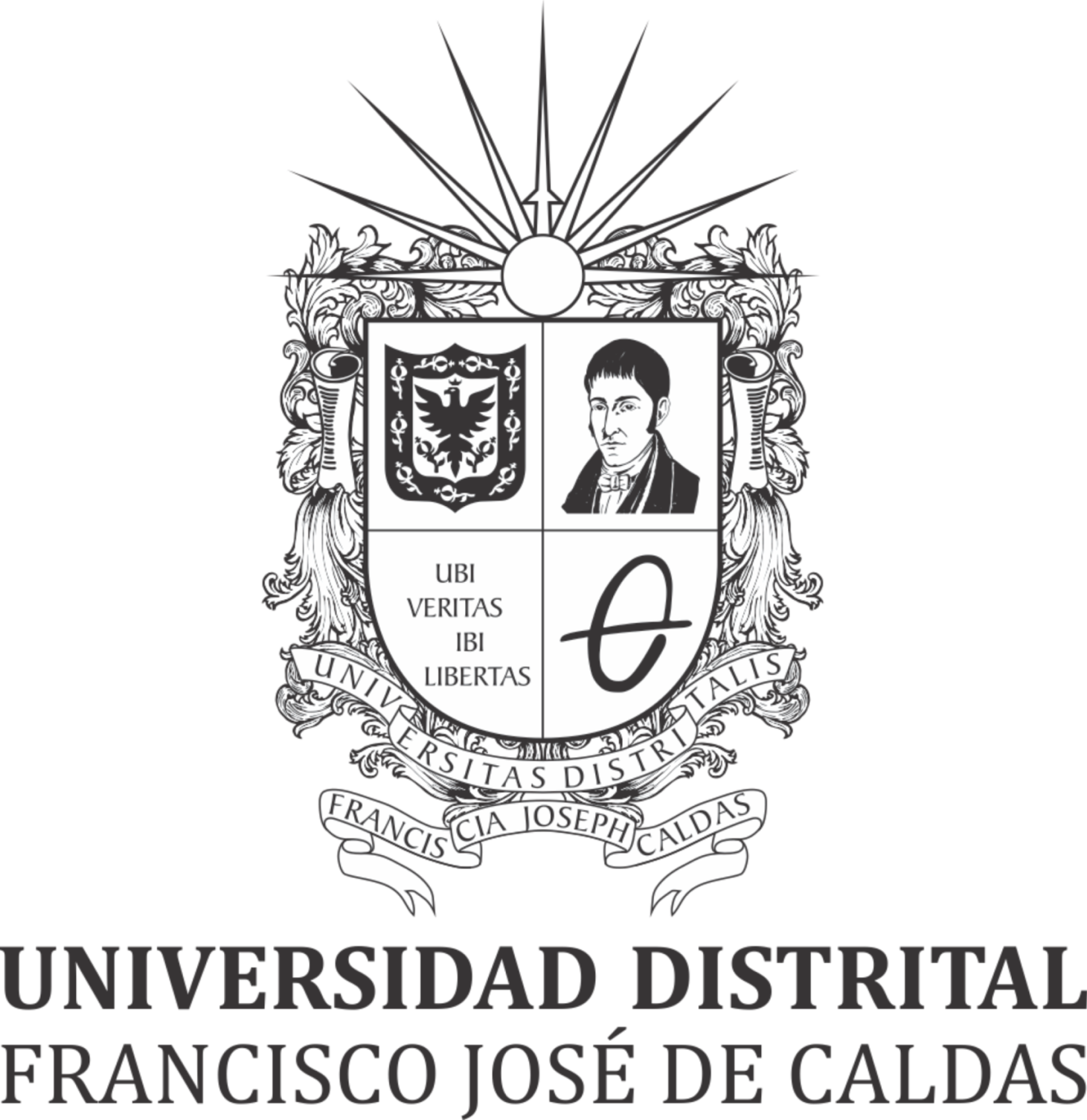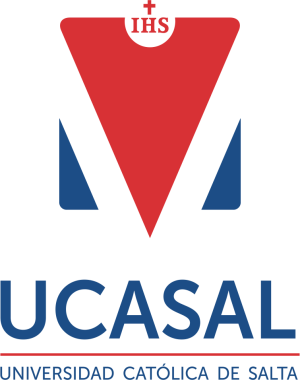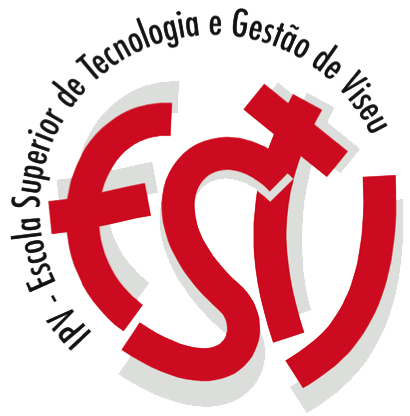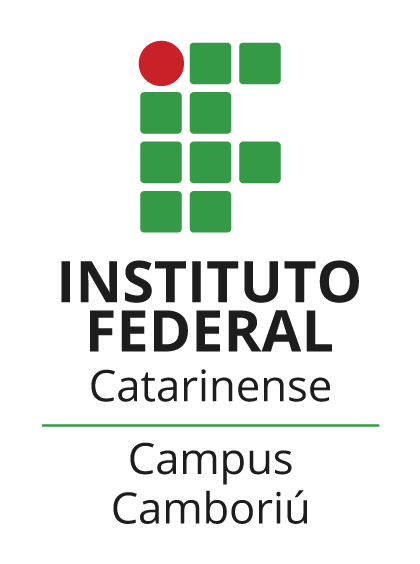Tracks and Topics
TRACKS
Track 1
DiTTEt encourages researchers from around the world to show and share their latest advances and research based on artificial intelligence technologies such as Machine Learning, Deep Learning, Natural Language Processing, Fuzzy Systems or Hybrid Learning Systems. DiTTEt gives researchers around the world the opportunity to show their progress in this field of research. Authors of selected papers from DiTTEt will be invited to submit an extended and improved version to special issue in different journals.
Track 2
It is the application of ethical thinking to the practical concerns of current technology. The reason why tech ethics is increasingly present is due to the new concerns and problems regarding the implications of AI, data management and bias, Internet regulations or advances in robotics and drones. Only a multidisciplinary effort can find the best formulas to address these concerns, including experts from various disciplines, such as ethics, philosophy, economics, sociology, psychology, law, history or politics.
Track 3
Disruptive technology is one that displaces an established technology and shakes the industry or creates a completely new industry. In the era of digital transformation, the combination of existing technologies such as sensorization systems, IoT, Blockchain, Big Data or Artificial intelligence can generate new and disruptive technologies with a great impact on society. DiTTEt gives researchers around the world the opportunity to show their progress in this field of research.
Track 4
The aim of the Doctoral Consortium is to provide a frame where students can present their on going research work and meet other students and researchers, and obtain feedback on future research directions. The Doctoral Consortium is intended for students who have a specific research proposal and some preliminary results, but who are still far from completing their dissertation. All proposals submitted to the Doctoral Consortium will undergo a thorough reviewing process with the aim to provide detailed and constructive feedback.
TOPICS
- Expert Systems
- Ubiquitous systems
- Edge Computing
- Internet of Things (IoT)
- Real Time Systems
- Image Processing / Pattern Recognition
- Modeling and Simulation
- Natural Language Processing
- Explainable AI (XAI)
- Hybrid Intelligent Systems
- Robotics
- Ethics and Morality
- Sensor-based systems
- Embedded systems
- Monitoring systems
- Algorithms and Bioinformatics
- Database and Data Mining
- Intelligent Information
- Machine Learning
- Software Agents
- E-commerce
- Hybrid Intelligent Systems
- Bioinformatics
- e-Democracy

